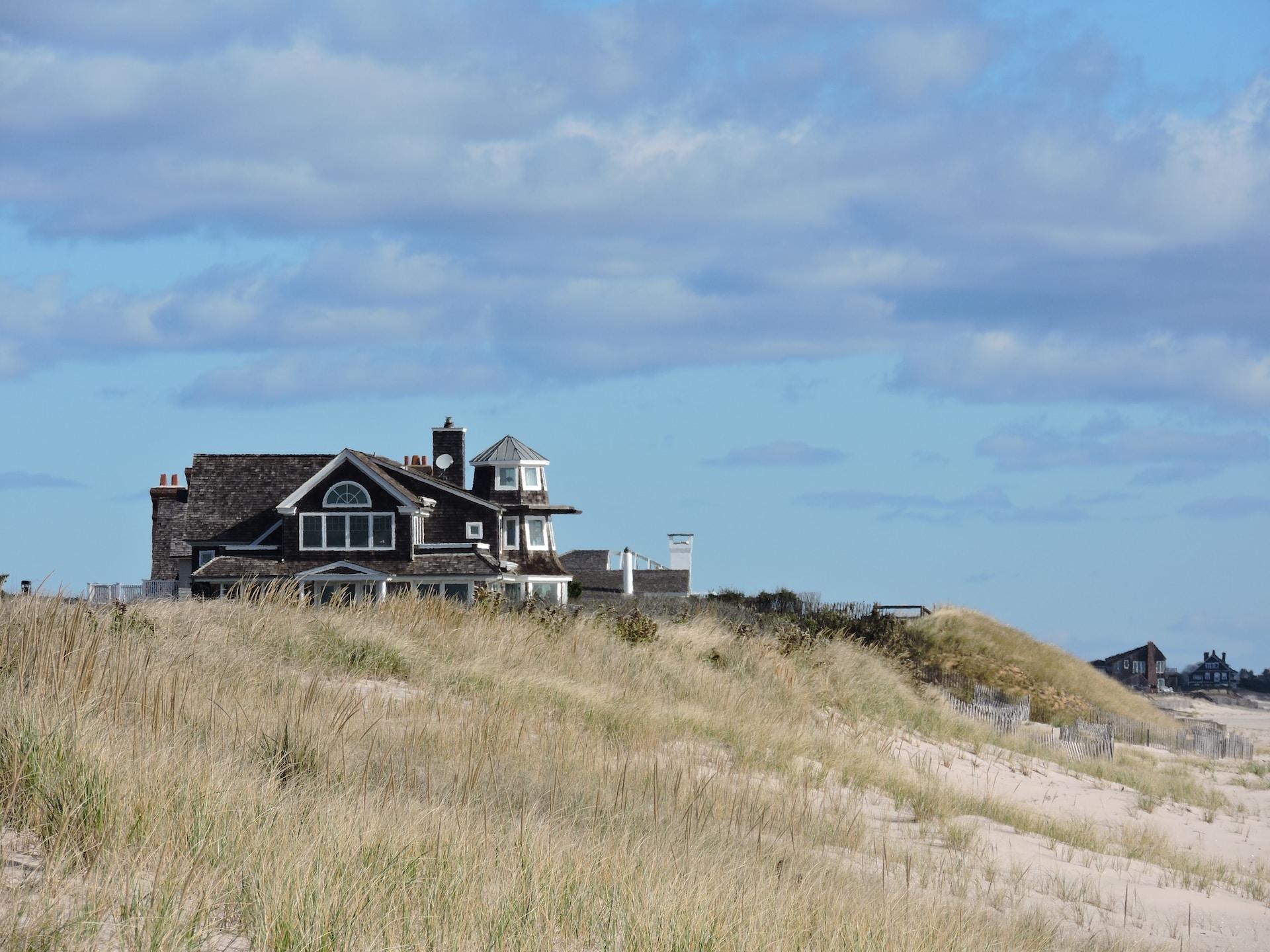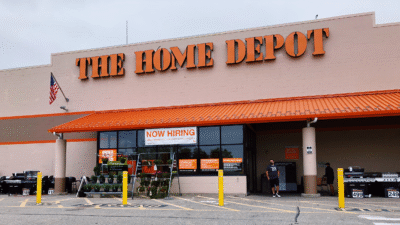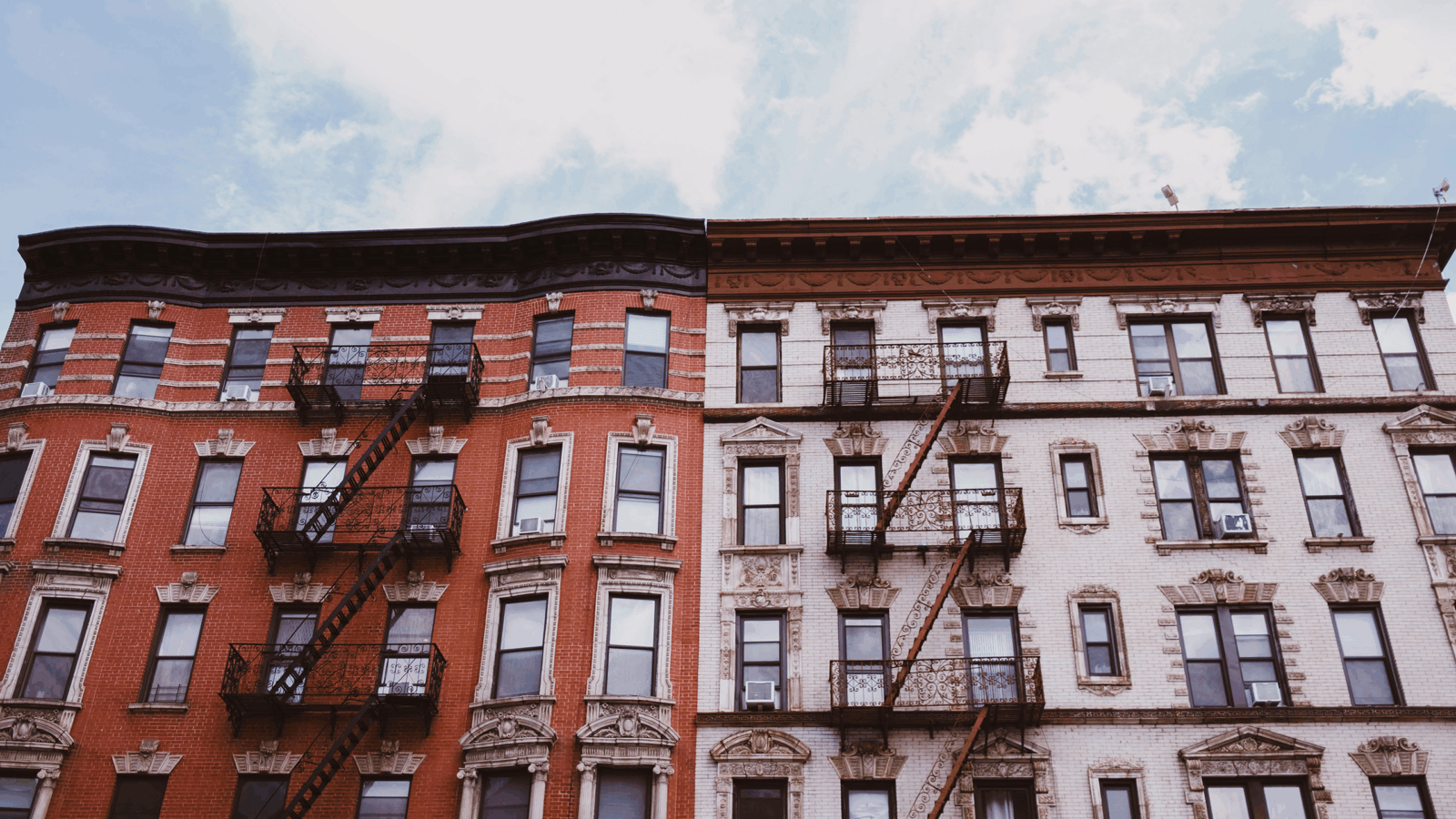
Sign up for smart news, insights, and analysis on the biggest financial stories of the day.
You won’t be hearing the pitter-patter of little Chad’s $100 Sperrys. Topher is going to have to settle for an imitation crustacean in his lobster roll. And Dakota can just forget about sitting at the Palm Tree Music Festival’s VIP table to watch Calvin Harris.
Often referred to as Wall Street’s playground, the Hamptons — around 100 miles east of Manhattan on the Long Island Expressway — are expected to be a little quieter this summer. Roughly 5,700 seasonal rentals are still available, CNBC reported, and much of the inventory glut is driven by downsizing and cost-cutting in NYC’s financial center.
Life’s a Beach
During the height of covid, wealthy New Yorkers felt an even greater need to get out to the Hamptons to escape the crowds. But the market has shifted back to one of desire. Douglas Elliman real estate agent Finley Behringer said owners looking to rent out their homes this season aren’t in panic mode just yet, but they are getting concerned and adjusting rental prices to meet demands.
“There’s definitely still activity out here, so it’s not going to be dead, but anybody trying to get the rental prices that they got for the past two summers is going to sit empty,” he told The Daily Upside:
- The desire to rent a Hamptons home for the summer is even less now that Wall Street bonuses have fallen 26% and major firms like Goldman Sachs, Citi Group, and Morgan Stanley have all announced job cuts in the hundreds and in some cases thousands recently. If your average i-banker or fintech bro just doesn’t have the money — or the job — right now, they’re not going to rent.
- CNBC reported many homeowners have started cutting rental prices by 10% to 20%. Behringer said one of his listings dropped their July-through-August rental price from $195,000 to $175,000, and while there is interest, there’s still no reservation booked.
Lifestyle of the Rich and Famous: The Hamptons real estate market is nothing if not high-end, but the highest-end homes — the multi-million dollar, beachfront properties — are not seeing negative effects from Wall Street’s troubles. Why? Well, it’s likely because they’re bought and sold by the richest Wall Street executives, the people who haven’t lost their jobs or taken a bonus cut.











